Phu Quoc is fast becoming Vietnam’s hottest new island destination. But it also maintains — at least for now — a character unlike anything in Thailand.
Market traders in conical hats hawk baguettes, ducks, flying lizards and other items rarely seen on the Thai side of the Gulf, while motorcycles ply red dirt roads to pearl farms and old-style fishing ports.
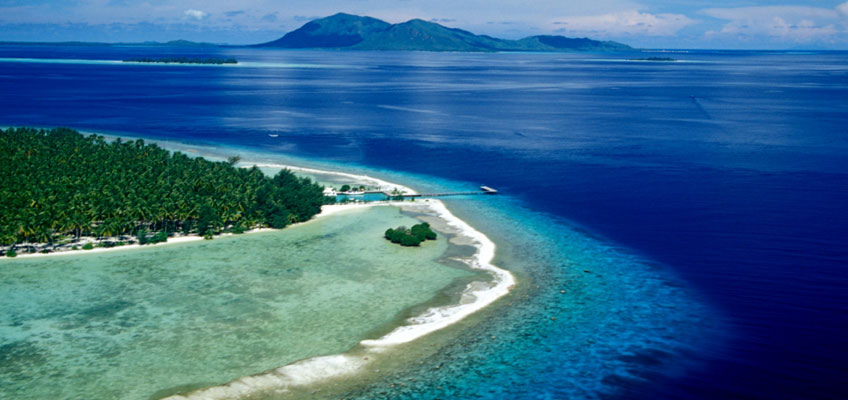
Villagers, who water the roads and erect thatch fences to protect their homes from dust, gather up seaweed and haul in squid nets by pedaling homemade winches.
Protected forest reserves on Phu Quoc are splashed with waterfalls where brave Vietnamese youths enjoy cooling off alongside foreign travelers.
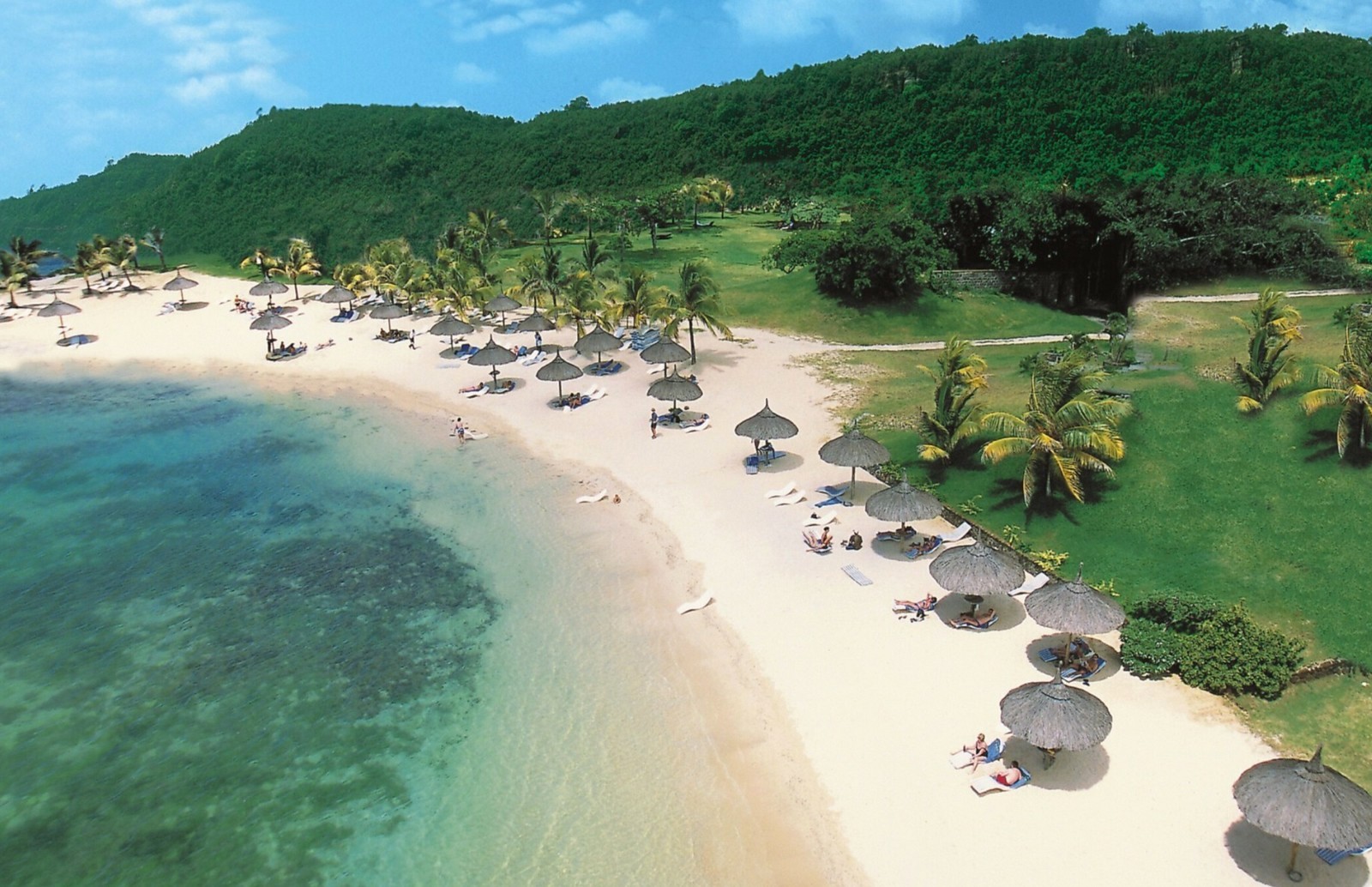
The industriousness of the islanders has boosted the local economy — and prices — by around 10 percent per year. Phu QuocClick and drag to moveProtected forest reserves on Phu Quoc teem with waterfalls where brave Vietnamese youths enjoy cooling off alongside foreign travelers.
Two million tourists by 2020
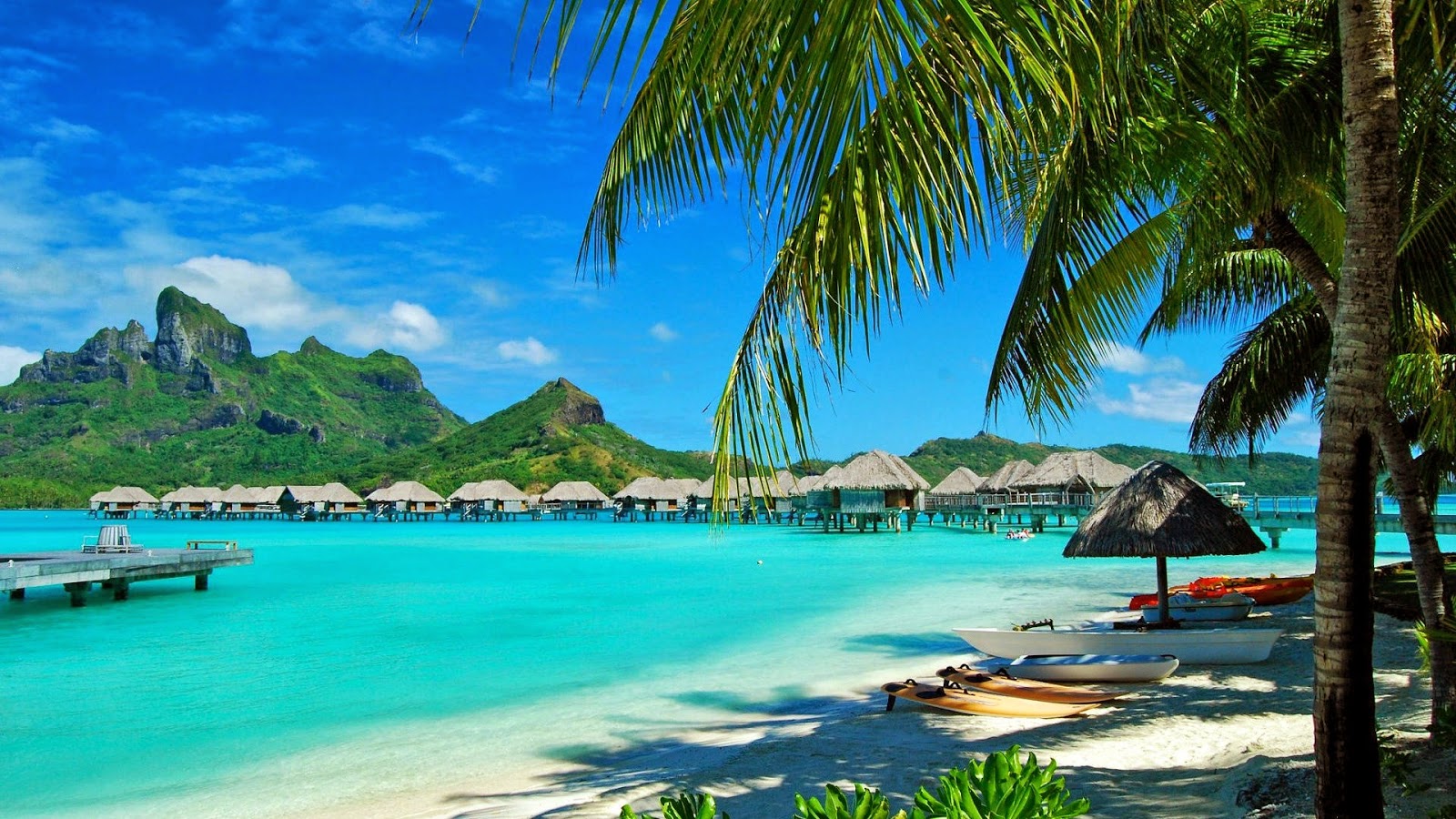
Amid government plans to expand Duong Dong airport to handle international flights, Phu Quoc — the largest of Vietnam's islands at 574 square kilometers — is taking off fast.
The government plans to boost annual tourist arrivals from 77,000 in 2010 to 2 million by 2020, and many investors from Europe, Thailand, Malaysia and mainland Vietnam are buying up land and opening restaurants and dive shops.
.jpg)
Many veterans of Thailand are already comparing it to Koh Samui in the 1980s, or Koh Chang in the 1990s.
“The island has a very nice preserved forest and the size is also nice,” says Jean-Marie Helleputte, a judge from Belgium who bought land a few years ago near Phu Quoc’s Long Beach with his wife Thanh, a Vietnamese exile who has returned to her native country.
“You have a great variety of plants and trees and the beaches are very nice. The colors of nature here are splendid, all different greens because it rains a lot.”
He says new roads are making travel easier, especially in the muddy rainy season, and new taxi companies, whose drivers wear shirts and ties, are driving down transport costs to more reasonable levels.
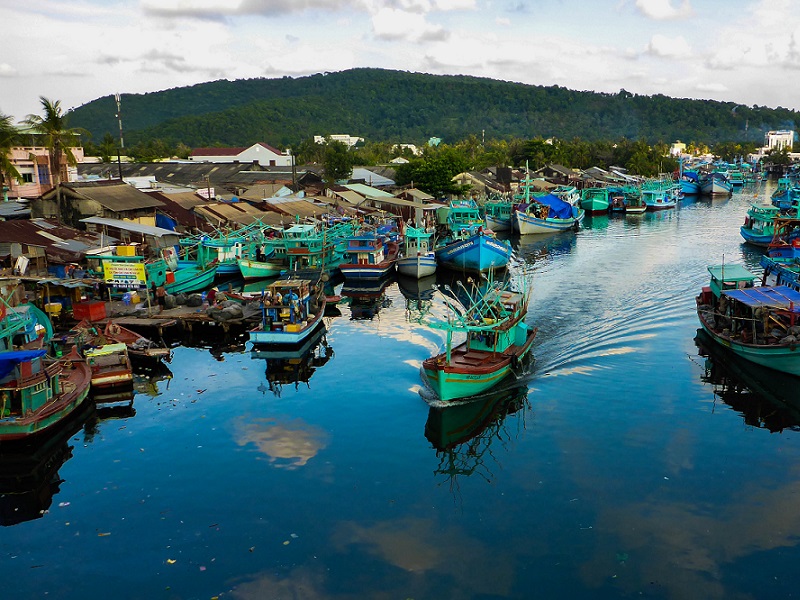
But like others on the island, Mr Helleputte worries that a growing influx of tourists and construction will disturb the island’s tranquility. “The Vietnamese government will make this a little Singapore," he says. "The inhabitants of Phu Quoc are making a lot of money by selling their land to foreigners for construction of hotels.”
Sanne Rasmussen, an instructor with Rainbow Divers, which has been operating dive trips off Phu Quoc for 10 years, says increasing numbers of tourists, big hotels and asphalt roads will take away “the charm of unspoilt Vietnam” and turn the island into “any other city around the world.”
Phu QuocClick and drag to moveUsing local coconut wood and thatch, construction workers and their families are working fast to help Vietnam’s tourism industry catch up with Thailand.
Dive spots and delicacies

“My point of view is that the island is not ready at all for this — there are still power cuts every second day in high season and some places don’t have hot water.”
The water in the ocean, at least, is always a nice temperature for diving and snorkeling.
Rasmussen says that shallow waters around smaller islands are great for entry-level divers, and expert divers also can look for nudibranchs, cowrie shells, bamboo sharks and turtles.
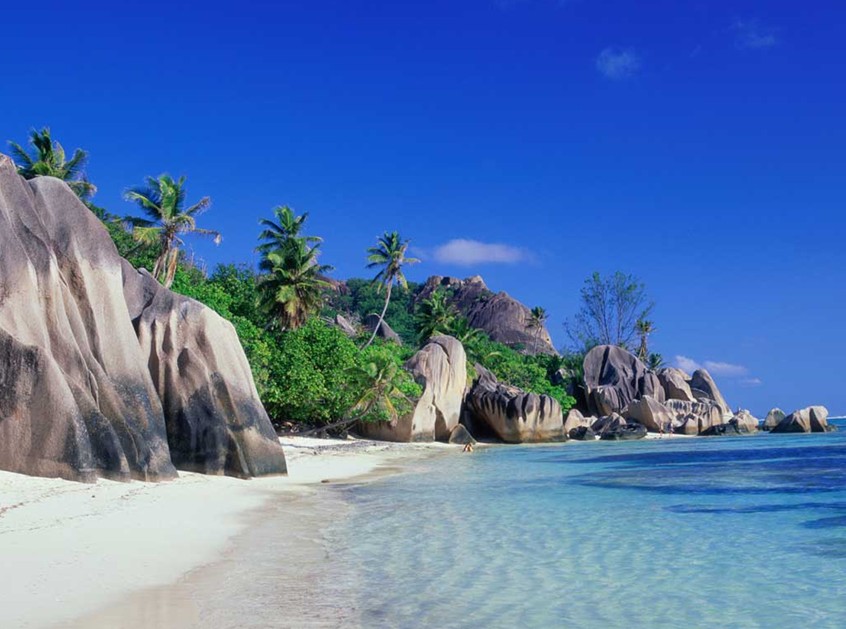
She says that Rainbow Divers have just recently discovered a sea grass site with sea dragons and spotted dugongs, some of the rarest creatures in southeast Asia.
While the colorful fish resemble their neighbors in the Gulf of Siam, Phu Quoc’s cuisine is more influenced by French touches, and the island also produces delicious pepper and nuoc mam fish sauce.
Though lacking Thailand’s abundance of “Coffee-Mate” white sand, Phu Quoc’s golden beaches are deep, soft, and attracting more and more travelers.
Source: CNN
Image: Internet











